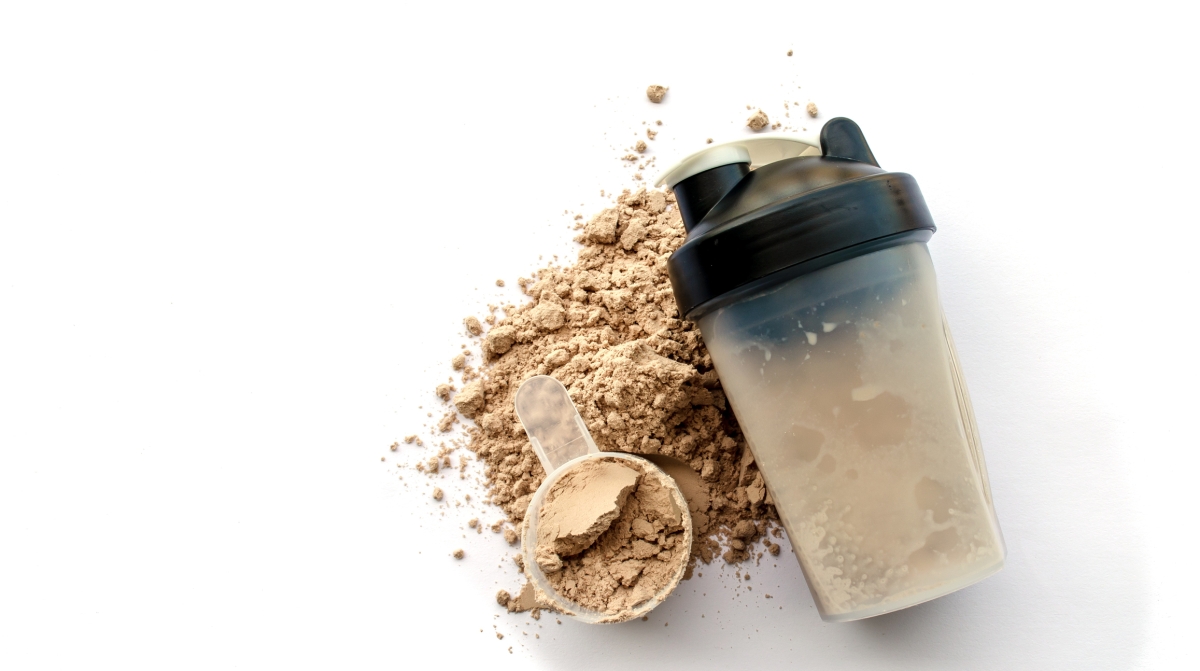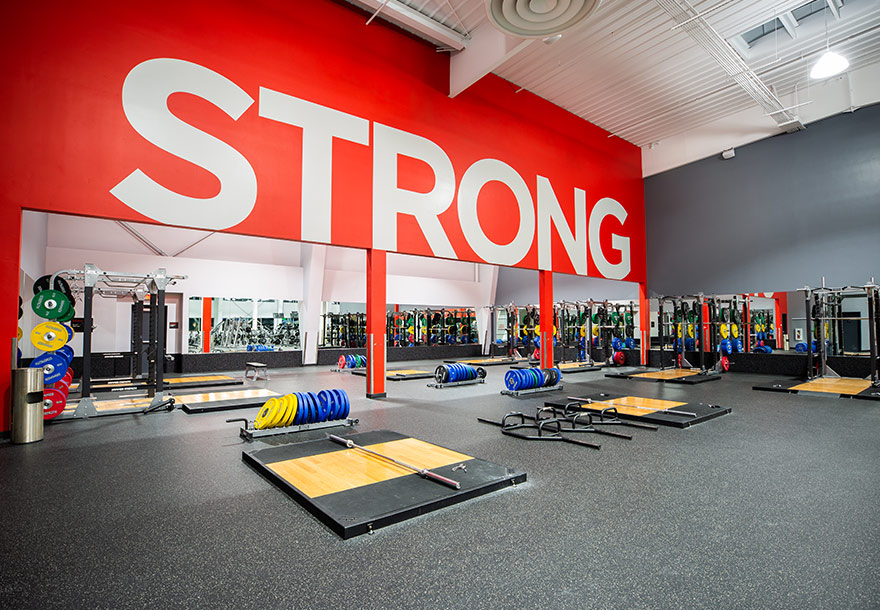Between the hundreds of protein powder options and the various types of protein—think whey, plant-based, isolate, and concentrate—selecting a protein powder can feel daunting. Don’t worry, we’re here to help! Read on for a breakdown of some of the most common terms you’ll see when shopping for a protein powder and a quick list of our staff favorites.
Types of Protein
Whey: This quick-digesting protein can be easily absorbed by most people, so it’s optimal for consuming right after a workout. It contains a wide range of essential amino acids, important for muscle development and strength. Whey is a cheese byproduct and contains lactose (a milk protein).
Casein: Casein is a dairy-based protein, but it is a milk byproduct rather than a cheese byproduct. The body digests casein slowly, making it a great recovery option after endurance-based exercises. If you’re looking for a high-protein meal replacement, casein might be a better choice than whey because it’s absorbed slower and will keep you full for longer periods of time.
Egg: Egg protein is a great alternative for those who may have milk allergies or who are unable to properly digest whey or casein. Egg protein contains leucine, micronutrients, and essential amino acids.
Collagen: Collagen is a protein responsible for healthy joints, nails, hair, and skin elasticity. Existing collagen breaks down as you age and becomes harder for your body to reproduce. While not vegan, collagen proteins are a great option for gluten- and dairy-free diets. Collagen proteins are incomplete but great to pair with other protein powders.
Vegan & Plant-Based Proteins: These kinds of proteins are usually made from peas, brown rice, or hemp. Although whey, casein and soy are all complete proteins, meaning they contain every essential amino acid, plant-based alternatives are not complete. Vegan protein powders also tend to contain smaller amounts of protein per serving than dairy-based powders or soy.

Concentrates v. Isolates
Concentrates contain about 80% protein and 20% carbohydrates and fats. Concentrates are good for overall health because of the inclusion of the other macronutrients and typically cost less than isolates.
Isolates are 90%+ protein and a good option if you’re restricting calories to lose weight. Isolate powders usually cost more due to additional processing and purity.
VASA Staff-Favorite Protein Powders
- Best Value: Whey Gold Standard, Vanilla
- Kid-Friendly: Orgain Protein Shakes, Chocolate
- Best Texture (aka ZERO texture): Isopure and 1st Phorm, Cinnamon Cookie Batter
- Plant-Based: OWYN Chocolate Powder
- Tastes Like Dessert: Dymatize ISO100, Fruity Pebbles and Xendurance, Vanilla
- Dairy-Free: No Cow
SUBSCRIBE TO OUR BLOG
Enter your email to start receiving our blog emails!









